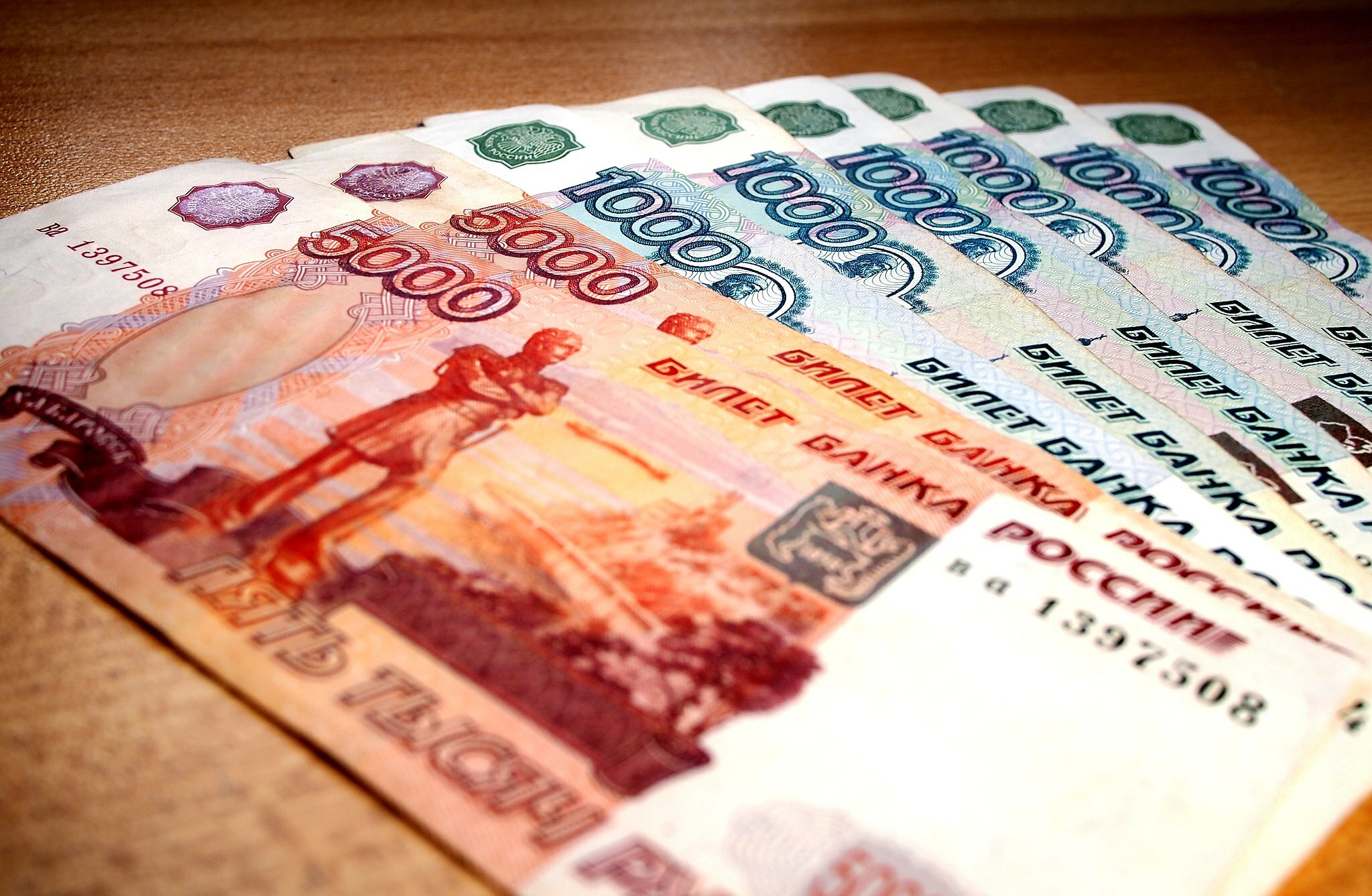
April 06, 2022
Ruble’s Strength in Face of Sanctions May Be Illusory
Source: Voice of America
Journalist: Rob Garver
After a sharp plunge in value at the beginning of the war in Ukraine, the Russian ruble has recovered much of its value against other world currencies, a change made possible by aggressive capital controls put in place by the government in Moscow and a continual stream of payments for the country’s oil and gas exports.
The ruble’s resilience in the face of sanctions may make it easier, at least temporarily, for the regime of President Vladimir Putin to claim a measure of victory over international efforts to turn his government into a pariah. However, the practical effects of the ruble’s recovery may be limited for ordinary Russians, who remain largely cut off from global markets.
Also, as evidence of Russian troops’ brutal treatment of Ukrainian civilians accumulates, and Western governments take further steps to wean themselves off Russian energy, the Kremlin’s ability to protect its currency may weaken.
“I think the natural next step and a big set of questions is around energy revenues,” Rachel Ziemba, an adjunct senior fellow at the Center for a New American Security, told VOA.
She added, “As the images of atrocities on the ground continue, the pressure to do more is going to increase.”
...
The price of the Russian ruble in currency markets does not tell the full story of the impact sanctions have had on the Russian economy in general, and on the lives of ordinary Russians in particular.
“Russia’s economy, by virtue of the sanctions and the coping mechanisms the central bank has employed, has become much more an internal economy, a smaller economy,” Ziemba, of the Center for a New American Security, told VOA.
“It’s important to remember that Russians who used to be able to use their credit cards to purchase goods abroad in the U.S. and Europe, can’t,” she said.
This is in part because banking restrictions have made it impossible for most Russian banks to hold correspondent accounts in banks outside the country, which facilitate international payments. Also, inside Russia, major payment systems such as Visa and Mastercard have stopped processing cross-border transactions.
“So, there is difficulty in actually buying goods, both from a financial perspective, but also because a lot of companies have basically said — even if the trade is legal — they don't want to do transactions with Russia,” Ziemba added. “The ability to actually use these assets is significantly limited.”
Read the full story and more from Voice of America.

